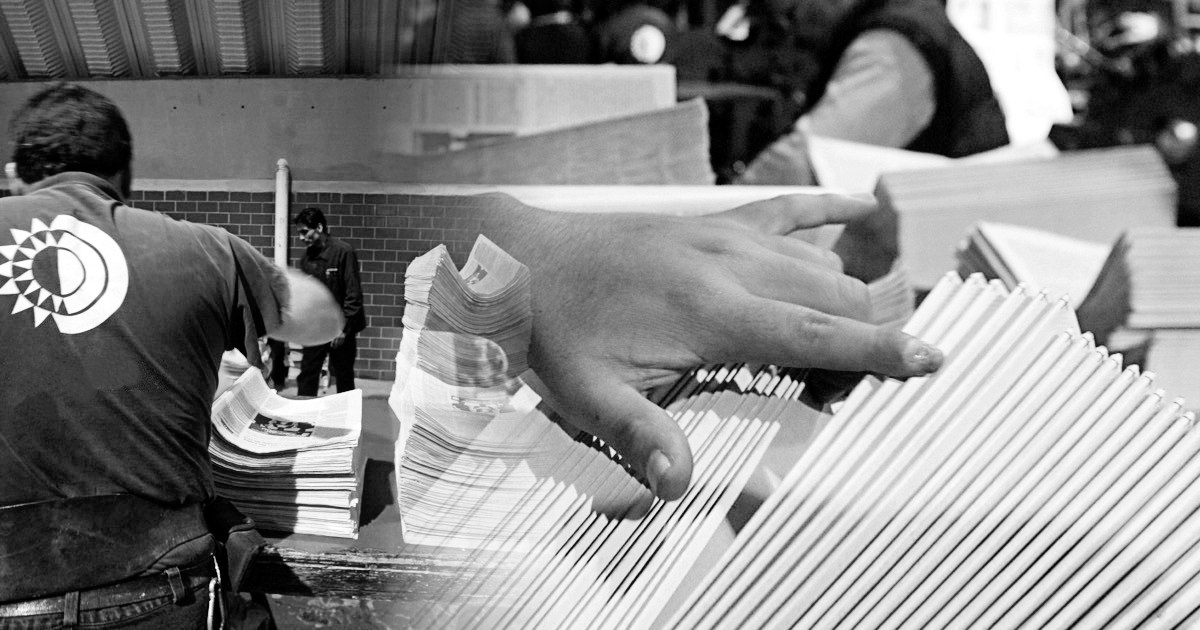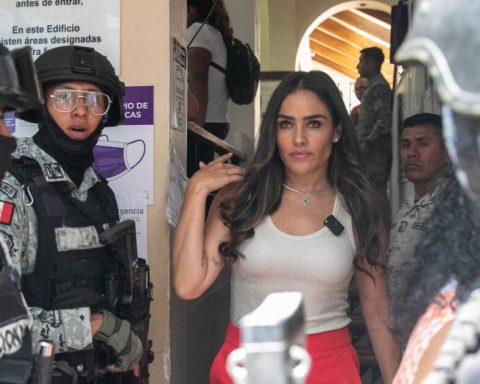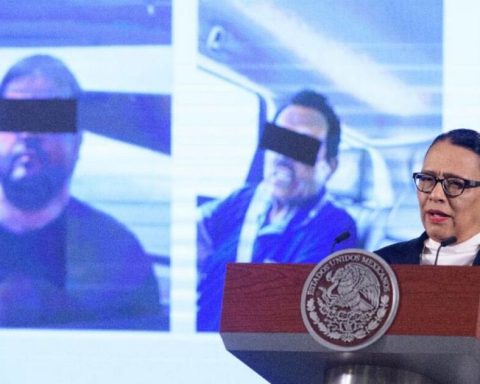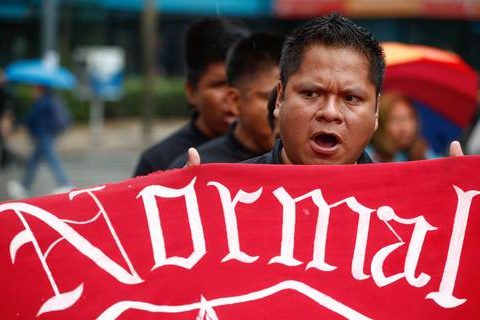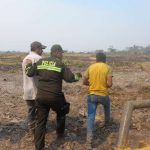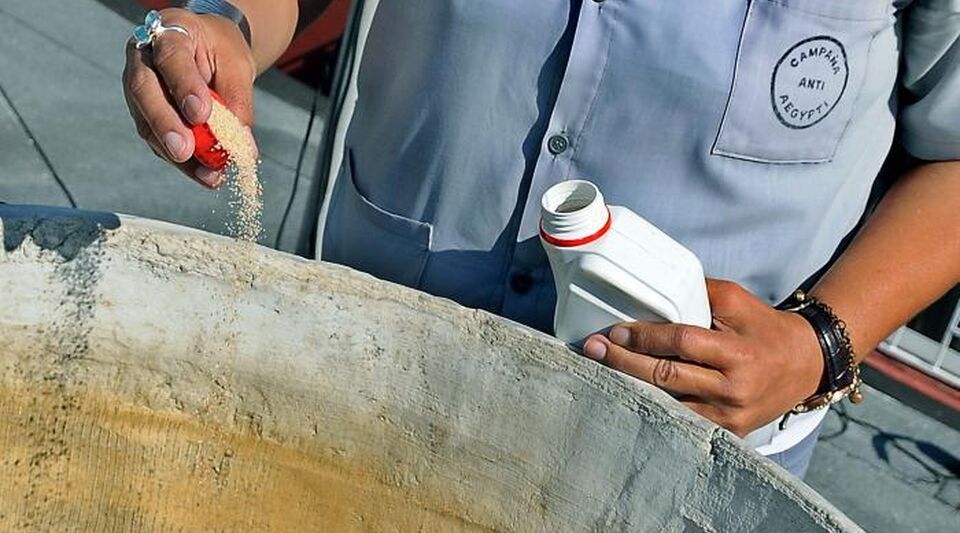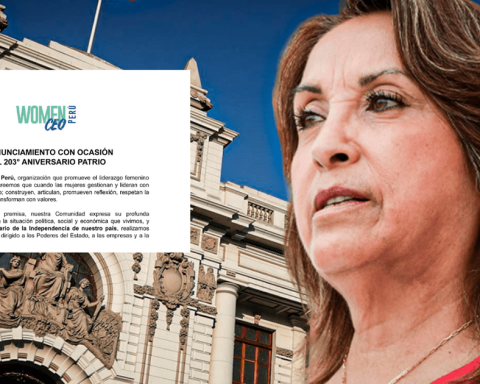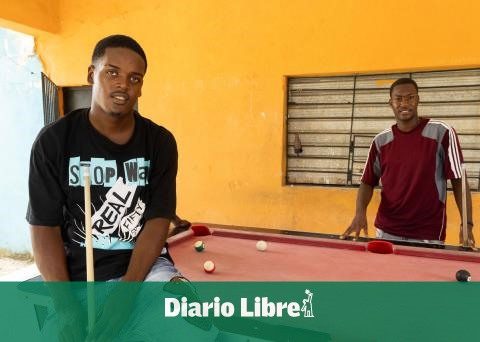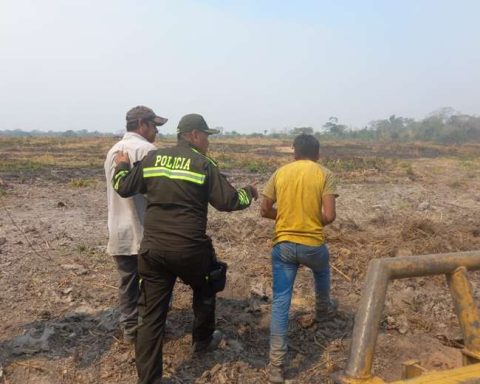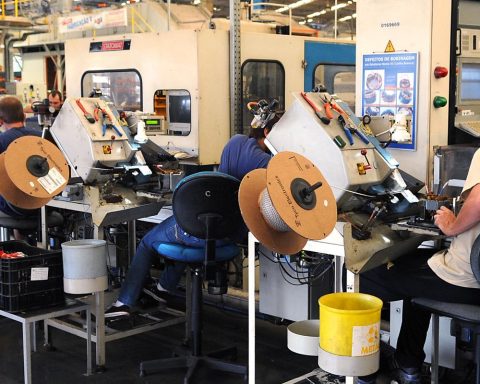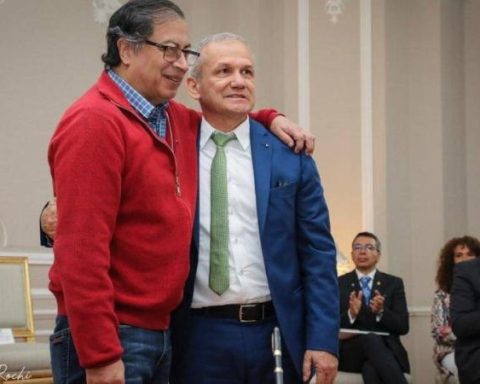F
Rancisco López Sacha, who prefaces The challenges of counting (Icaic Editions, 2022), by Rebeca Chávez and Luciano Castillo, says that it does not seem like a book, but rather a movie in words. Rebecca adds that a film begins to exist on paper
. Luciano talks about the reluctance of Santiago Álvarez, legendary Cuban film director, to interview as a leading resource in his documentaries.
They all refer to the ins and outs of the documentary the necessary warby Santiago Álvarez, which reconstructs, based on the testimony of its protagonists, the prolegomena and preparation in Mexican lands of the yacht expedition Granmawhich led to the creation of the Rebel Army and the triumph of the Cuban revolution on January 1, 1959.
This emotional and –beneath its exciting simplicity– complex film can lead to a typecasting error: filmed journalism. At first sight it seems so, but it is so in a way that it transcends and manages to go beyond the merely testimonial.
A team of filmmakers films, in effect, the leaders of the great epic –Fidel and Raúl Castro, Celia Sánchez, Juan Almeida, Vilma Espín, Haydée Santamaría, Melba Hernández…–, but also records the intra-history of History: the men and women of the Mexican people who welcomed the Cuban exiles in 1955 and 1956, set up the house-camps and training sites, and made it possible for this revolutionary operation to be carried out.
It is certainly documentary journalism, but cast in film language so precise that it borders on perfection; and reaches, or at least rounds, as a cinematographic form, exquisiteness.
The challenges of counting, presented yesterday at the International Book Fair in Havana, recovers the dialogues, images and sound recordings that were forgotten in the discards of the film. Therefore, the work is a publishing gem, especially for filmmakers and historians. On very rare occasions it is possible to gut the bowels of the cinema, unfiltering its intricacies, walking through the filming set. Rub shoulders with those who make the miracle of a film and, at the same time, with exceptional witnesses of a time that was already distant when the film was released in 1980, and that today are almost 70 years away. It reconstructs the dialogues of the first trip made by the film crew in 1971, which followed a simple scheme: arrive unannounced at the Mexican house, without pre-prepared questions, without protocols; only with the wow factor
as a creative resource.
The camera is never placed above the characters and when the record seems to be about to get into dangerous areas that could invade privacy, cinematographic modesty –which is nothing more than a form of ethics– dodges that risk. We know this because the transcript cuts off abruptly. They are fragments of oral history
a genre that was inaugurated and cultivated by the American Jean Stein and that is the possibility that a person is speaking only to you in a room containing crowds. It’s the closest we’ll ever get to the true story of anything.
.
In the second part of The challenges of counting Cuban leaders speak. Raúl Castro and other exceptional witnesses do so in the editing room, while they recognize in the moviola the humble Mexicans who helped them and they had not seen in 20 years. The book is proof that everything was filmed and methodically. Someone spoke of Brechtian distancing; for me it is quite the opposite, an approach to the historical fact, through a process of successive rectifications
would comment Santiago Álvarez, who dedicated his film to the people of Mexico and taught to watch the best cinema as a political act.
That is why the interview with Fidel Castro takes place in Playitas, a piece of rocky coast where the National Hero José Martí disembarked in 1895, to initiate the necessary war
against Spanish colonialism, hence the title of the documentary. Fidel would lead a war of a similar nature when he embarked with 81 other expedition members on the Granma from Tuxpan to Las Coloradas, a swampy point in the east of the island.
The book, like the film, is not a story about the great winners or about genius, that gift that seems to have fallen from heaven, but about the great doses of effort that are hidden behind any feat, be it a revolution or a documentary. In one of the dialogues that recovers The challenges of counting Cuban sculptor José Fidalgo, who emigrated to Mérida, comments to another colleague about the film they are filming: The winner is always the one who writes history, right?
The director, behind the camera, responds on the fly: But we want to write it well
.
